Home>Articles>What Happens When A Refrigerator Fan Stops Working
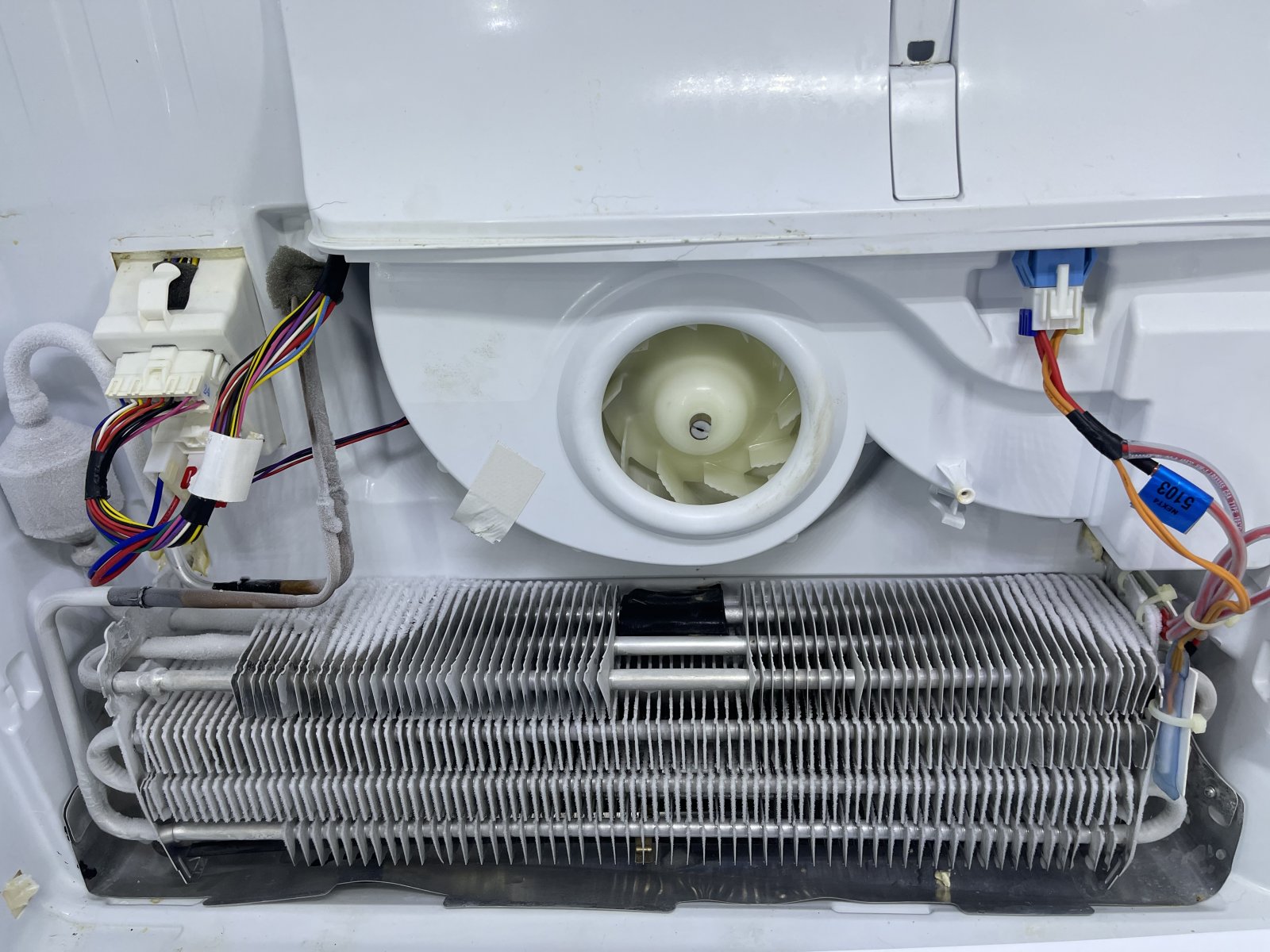

Articles
What Happens When A Refrigerator Fan Stops Working
Modified: May 6, 2024
Discover what happens when a refrigerator fan stops working and how it affects your appliance's performance. Read our insightful articles on this common issue.
(Many of the links in this article redirect to a specific reviewed product. Your purchase of these products through affiliate links helps to generate commission for Storables.com, at no extra cost. Learn more)
Introduction
When it comes to keeping our food fresh and our beverages cool, refrigerators play a crucial role in our daily lives. But have you ever wondered what keeps your refrigerator functioning optimally? One crucial component is the refrigerator fan. This often overlooked part is responsible for ensuring proper air circulation, preventing the build-up of moisture, and maintaining consistent temperatures within the refrigerator.
In this article, we will delve into the importance of refrigerator fans, the signs of a faulty fan, the causes of fan failure, the consequences of a non-functioning fan, troubleshooting techniques, and preventive maintenance tips. Understanding the role of the refrigerator fan and being able to identify and resolve potential issues can help extend the lifespan of your appliance and ensure its efficient operation.
Key Takeaways:
- A malfunctioning refrigerator fan can lead to poor air circulation, inconsistent temperatures, food spoilage, increased energy consumption, and unpleasant odors. Promptly addressing fan issues and seeking professional assistance when necessary is crucial to avoid these consequences.
- Regular preventive maintenance, such as cleaning the fan, ensuring proper airflow, and monitoring temperature settings, is essential to keep the refrigerator fan running smoothly. Investing time and effort in maintaining the fan can save you from potential inconveniences and expenses.
Read more: Why Would Ceiling Fan Stop Working
Importance of Refrigerator Fans
Refrigerator fans play a critical role in maintaining the freshness and longevity of your food by ensuring proper air circulation. Here are some key reasons why they are important:
- Temperature Regulation: Refrigerator fans work in conjunction with the cooling system to circulate cold air evenly throughout the refrigerator. This helps to maintain a consistent and optimal temperature throughout, preventing hot spots and ensuring that all your perishable items stay fresh for longer periods.
- Prevention of Food Spoilage: By maintaining proper temperature and air circulation, refrigerator fans help prevent food from spoiling prematurely. They ensure that there are no temperature fluctuations that can encourage bacterial growth or cause food to spoil.
- Reduction of Odors: Effective air circulation helps to reduce unwanted odors in the refrigerator by constantly flowing fresh air, preventing the buildup of stale air and the transfer of odors between different food items.
- Prevention of Frost Buildup: Refrigerator fans in frost-free models help to prevent the accumulation of frost on the freezer compartment. They continuously circulate air to dehydrate any moisture present, preventing frost build-up and the inconvenience of defrosting.
- Energy Efficiency: Proper air circulation facilitated by refrigerator fans helps to maintain uniform temperature distribution. This results in reduced energy consumption as the cooling system doesn’t have to work as hard to maintain desired temperatures, ultimately leading to lower energy bills.
Overall, refrigerator fans are essential for maintaining the freshness and quality of your food, preventing food spoilage, reducing odors, and ensuring energy efficiency. Without the proper functioning of these fans, your refrigerator’s performance can be compromised, resulting in various issues that we will explore in the following sections.
Signs of a Faulty Refrigerator Fan
Since the refrigerator fan is responsible for proper air circulation and temperature regulation, any issues with it can lead to inefficiency and potential problems with your appliance. Here are some telltale signs that indicate a faulty refrigerator fan:
- Loud or Strange Noises: If you notice unusually loud or strange noises coming from your refrigerator, it could be an indication of a faulty fan. It may be due to a loose or damaged fan blade, motor, or bearing.
- Lack of Cooling: If you find that your refrigerator is not cooling as it should, it could be a result of a malfunctioning fan. Inadequate air circulation caused by a faulty fan can lead to uneven cooling or warm spots in different areas of the refrigerator.
- Inconsistent Temperatures: A malfunctioning fan may cause temperature fluctuations within the refrigerator. You may notice that some items freeze while others are not chilled enough. This can affect food quality and increase the risk of spoilage.
- Frost Buildup: If you have a frost-free refrigerator and notice excessive frost buildup in the freezer compartment, it could be a sign of a faulty fan. A non-functioning fan can lead to the failure of the defrosting mechanism, resulting in excessive frost accumulation.
- Excessive Condensation: If you notice an unusual amount of condensation inside the refrigerator or on food items, it may indicate a problem with the refrigerator fan. Inadequate air circulation can cause moisture to accumulate, leading to excess condensation.
- Overheating: A faulty fan may cause the refrigerator’s compressor to work harder, leading to overheating. If you notice excessive heat around the refrigerator or even outside the unit, it could be due to a malfunctioning fan.
If you observe any of these signs, it is important to address the issue promptly to prevent further damage to your refrigerator and the contents inside. In the next section, we will explore the potential causes of refrigerator fan failure.
Causes of a Refrigerator Fan Failure
Refrigerator fan failures can occur due to various reasons. Understanding the potential causes can help you diagnose and resolve the issue effectively. Here are some common causes of refrigerator fan failure:
- Motor Issues: The fan motor is responsible for spinning the fan blades and circulating the air. Over time, the motor may wear out or become faulty, leading to fan failure. This can be caused by general wear and tear, lack of maintenance, or electrical issues.
- Ice or Debris Blockage: Ice buildup or accumulated debris near the fan blades can restrict their movement and cause the fan to stop functioning. This can happen if the freezer door is left open for an extended period or if there are airflow obstructions in the refrigerator compartment.
- Wiring Problems: Faulty or damaged wiring can disrupt the electrical connection between the fan motor and the refrigerator’s power supply. Loose connections, frayed wires, or short circuits can lead to fan failure.
- Fan Blade Issues: The fan blades can become loose, warped, or damaged, preventing them from spinning properly. This can be caused by excessive debris accumulation, mechanical stress, or physical damage to the blades themselves.
- Motor Bearings: The fan motor contains bearings that allow smooth rotation. Over time, these bearings can wear out, causing the fan to produce loud noises or stop spinning altogether.
- Faulty Temperature Control: In some cases, a malfunctioning temperature control system can cause the fan to stop working. If the temperature sensors or control board fail, they may not send the appropriate signals to activate the fan motor.
It is essential to identify the root cause of the fan failure to determine the appropriate course of action. In the next section, we will explore the potential consequences of a non-functioning refrigerator fan.
Consequences of a Non-Functioning Refrigerator Fan
A non-functioning refrigerator fan can have significant consequences on both the performance of your appliance and the condition of your stored food. Here are some of the potential consequences of a faulty or non-operational refrigerator fan:
- Poor Air Circulation: The primary role of the refrigerator fan is to circulate cool air evenly throughout the refrigerator. When the fan is not working, it can lead to poor air circulation, resulting in temperature inconsistencies and potential hot spots. This can cause some food items to spoil faster while others may not be properly cooled.
- Frozen or Dry Food: In the absence of proper air circulation, some areas of the refrigerator may become colder than others. This can result in food items freezing, causing them to lose flavor, texture, and nutritional value. On the other hand, lack of airflow can also lead to food drying out, compromising its quality.
- Increased Energy Consumption: When the refrigerator fan is not functioning, the cooling system has to work harder to compensate for the lack of airflow. This increased workload can lead to higher energy consumption, resulting in higher electricity bills.
- Food Spoilage: Without proper air circulation and temperature control, the risk of food spoilage is amplified. Without the fan’s assistance in maintaining optimal conditions, perishable items are more susceptible to bacterial growth, mold, and accelerated decay.
- Unpleasant Odors: Inadequate airflow can cause stale air to linger, leading to unpleasant odors in the refrigerator. Without the fan’s assistance in circulating fresh air, odors from one food item can permeate others, affecting their taste and overall quality.
- Inconvenience and Financial Costs: A non-functioning refrigerator fan can lead to the inconvenience of frequent food spoilage, resulting in wasted groceries and additional expenses. It may also necessitate costly repairs or even the need to replace the entire refrigerator unit.
It is evident that a properly functioning refrigerator fan is vital to maintain the freshness and quality of the food stored in your refrigerator. In the next section, we will explore troubleshooting techniques to address refrigerator fan issues.
Regularly clean and maintain the refrigerator fan to prevent it from stopping working. Dust and debris can build up and cause the fan to malfunction, leading to potential cooling issues.
Read more: What Happens If Thermostat Is Not Working
Troubleshooting a Refrigerator Fan Issue
If you suspect a problem with your refrigerator fan, there are several troubleshooting techniques you can try before calling a professional technician. Here are some steps to follow:
- Check for Power Supply: Ensure that the refrigerator is properly connected to a power source and that the power cord is not damaged. Confirm that the circuit breaker or fuse controlling the refrigerator’s power supply is not tripped or blown.
- Clean the Fan and Surrounding Area: Disconnect the refrigerator from the power source and remove any obstructions or debris near the fan blades. Use a soft brush or cloth to gently clean the fan blades and surrounding area, removing any dust or accumulated dirt.
- Confirm Proper Airflow: Make sure that the vents and air passages in the refrigerator and freezer compartments are not blocked by food items or other objects. Allow proper airflow by rearranging any stored items that may obstruct the movement of air.
- Test the Fan Motor: Manually check the fan motor to ensure that it is not blocked or stuck. Gently spin the fan blades with your hand to confirm smooth movement. If the blades are difficult to spin, it may indicate a motor or bearing issue that requires professional assistance.
- Inspect Wires and Connections: Carefully examine the wires and connections leading to the fan motor. Look for any loose, damaged, or disconnected wires. If necessary, secure any loose connections or replace damaged wires.
- Reset the Temperature Controls: Reset the temperature controls for both the refrigerator and freezer compartments to their recommended settings. Allow some time for the fan to start running after adjusting the temperature settings.
- Test the Freezer Defrost Timer: If you have a frost-free refrigerator, check the defrost timer to ensure that it is functioning correctly. A faulty defrost timer can cause ice buildup, leading to fan failure. Consult the refrigerator’s manual or contact the manufacturer for instructions on testing and troubleshooting the defrost timer.
If these troubleshooting techniques do not resolve the issue or if you are uncomfortable performing them yourself, it is recommended to seek professional assistance. A qualified technician will have the expertise and tools necessary to diagnose and repair the underlying problem with your refrigerator fan.
In the next section, we will discuss when it is appropriate to call a professional for assistance.
When to Call a Professional
While troubleshooting techniques can be helpful in resolving minor refrigerator fan issues, there are situations where it is best to call a professional technician. Here are some instances when it is appropriate to seek professional assistance:
- Electrical or Wiring Problems: If you suspect that the issue lies with the electrical components or wiring of your refrigerator fan, it is recommended to call a professional. Working with electrical components can be dangerous and requires specialized knowledge and equipment.
- Mechanical or Motor Issues: If you have determined that the fan motor or fan blades are faulty or damaged, it is best to leave the repair to an experienced technician. They will have the expertise and tools necessary to safely replace or repair these components.
- Defrost System Malfunctions: If you have a frost-free refrigerator and suspect that the defrost system is not functioning correctly, it is advisable to call a professional. They will be able to diagnose and repair the defrost system, which could be the cause of the fan failure.
- Unresolved Issues: If you have attempted the troubleshooting techniques outlined earlier and the refrigerator fan still does not work properly, it is recommended to consult a professional. They will be able to conduct a thorough assessment of the problem and provide the necessary repairs or replacements.
- Safety Concerns: If you encounter any safety concerns or unfamiliarity with the troubleshooting techniques, it is best to err on the side of caution and call a professional technician. They have the knowledge and experience to handle the repair safely and efficiently.
Remember, attempting complex repairs without the necessary expertise can lead to further damage to your refrigerator or even personal injury. Therefore, it is always wise to call a professional when in doubt or when facing more significant issues with your refrigerator fan.
In the next section, we will discuss preventive maintenance tips to help keep your refrigerator fan running smoothly.
Preventive Maintenance Tips for Refrigerator Fans
Maintaining your refrigerator fan and performing regular preventive maintenance can help extend its lifespan and ensure its optimal performance. Here are some preventive maintenance tips to keep your refrigerator fan running smoothly:
- Clean Regularly: Keep the fan and its surrounding area clean by regularly wiping down the blades and removing any accumulated dust or debris. This will ensure smooth airflow and prevent obstructions that can affect the fan’s performance.
- Check for Proper Air Circulation: Regularly inspect the vents and air passages in the refrigerator and freezer compartments for any blockages or obstructions. Arrange stored items to allow proper airflow and prevent the fan from working harder than necessary.
- Avoid Overfilling: Avoid overfilling your refrigerator as it can impede proper air circulation and put strain on the fan. Leave enough space for air to circulate freely, ensuring even cooling throughout the refrigerator.
- Keep Temperature Settings Optimal: Set your refrigerator’s temperature controls according to the manufacturer’s recommendations. Avoid extreme temperature settings as they can strain the fan and cooling system. Regularly monitor and adjust the settings as needed.
- Inspect Fan Blades and Motor: Regularly inspect the fan blades and motor for any signs of wear, damage, or loose connections. Address any issues promptly to prevent further damage and ensure the smooth operation of the fan.
- Avoid Placing Hot Items Inside: Avoid placing hot or warm items directly into the refrigerator, as it can cause the fan to work harder to maintain the desired temperature. Allow hot items to cool down before storing them to reduce strain on the fan and cooling system.
- Properly Seal the Doors: Ensure that the refrigerator and freezer doors are properly sealed. Check and replace worn-out door seals if needed. A tight seal prevents warm air from entering the refrigerator, reducing the workload on the fan and cooling system.
- Regular Maintenance Checks: Schedule regular maintenance checks with a professional technician to ensure your refrigerator fan is in optimal condition. They can perform thorough inspections, clean the fan and its components, and address any potential issues before they escalate.
By following these preventive maintenance tips, you can maximize the lifespan of your refrigerator fan and enjoy efficient and reliable cooling performance. Remember to consult your refrigerator’s manual for any specific maintenance instructions provided by the manufacturer.
To wrap up, taking care of your refrigerator fan through regular maintenance and addressing any issues promptly will contribute to the overall longevity and functionality of your appliance.
Conclusion
A refrigerator fan plays a crucial role in maintaining the freshness and quality of your stored food. Understanding the importance of this component and being able to identify and resolve potential issues is vital for the efficient operation and longevity of your refrigerator. By recognizing the signs of a faulty fan, understanding the potential causes of failure, and implementing preventive maintenance practices, you can keep your refrigerator fan running smoothly.
Regular cleaning, ensuring proper airflow, and monitoring temperature settings are essential preventive maintenance measures. Additionally, prompt troubleshooting and professional intervention when needed can prevent further damage and ensure the optimal performance of your refrigerator fan.
Remember, a non-functioning refrigerator fan can lead to poor air circulation, inconsistent temperatures, food spoilage, increased energy consumption, and unpleasant odors. By promptly addressing fan issues and seeking professional assistance when necessary, you can avoid these consequences and enjoy the longevity of your refrigerator.
Implementing the preventive maintenance tips discussed in this article, such as cleaning the fan regularly, avoiding overfilling, and maintaining proper temperature settings, will contribute to the smooth operation of your refrigerator fan and help you avoid costly repairs or replacements.
Ultimately, investing time and effort in maintaining your refrigerator fan will not only ensure the freshness and quality of your food but also save you from potential inconveniences and expenses. Prioritize the care of your refrigerator fan, and it will continue to serve you faithfully for years to come.
Interested in keeping your appliances in top shape? If you're dealing with a malfunctioning refrigerator, learning about refrigerator repair can provide you with the necessary steps to fix issues efficiently. Additionally, for those eager to stay ahead in home cooling technology, checking out the latest in fan motor advancements could be crucial. Both guides offer practical advice and innovative solutions for maintaining and enhancing your home appliances.
Frequently Asked Questions about What Happens When A Refrigerator Fan Stops Working
Was this page helpful?
At Storables.com, we guarantee accurate and reliable information. Our content, validated by Expert Board Contributors, is crafted following stringent Editorial Policies. We're committed to providing you with well-researched, expert-backed insights for all your informational needs.

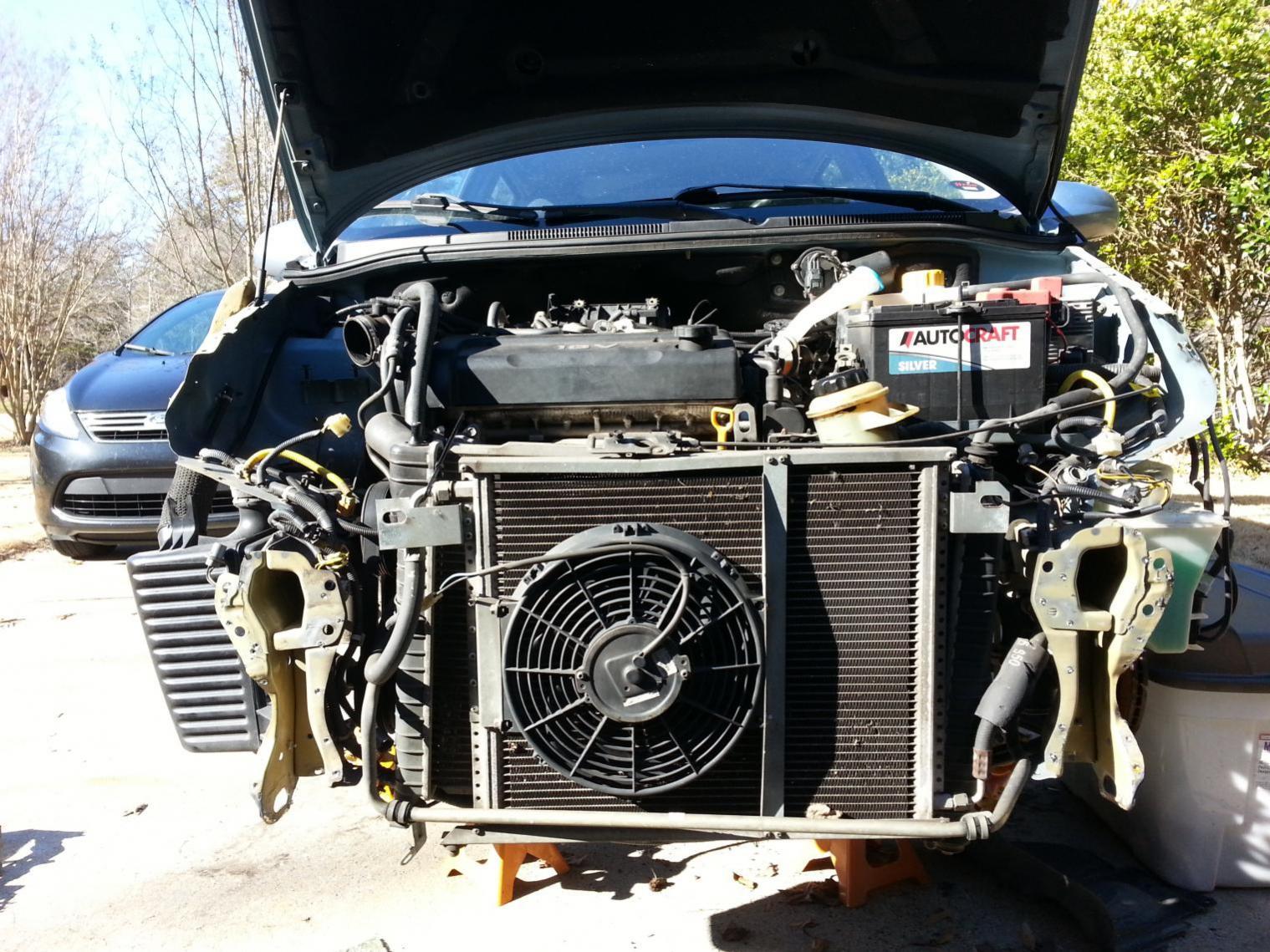




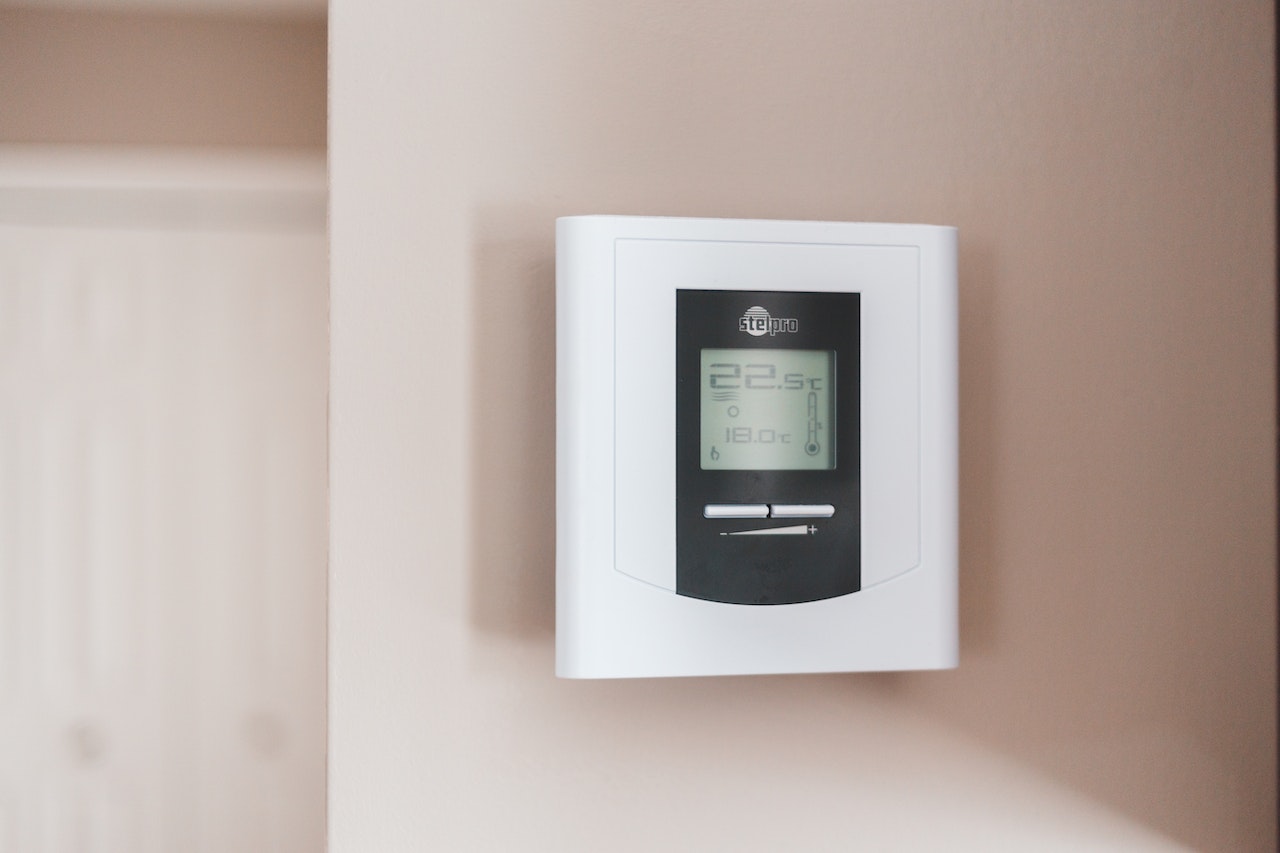


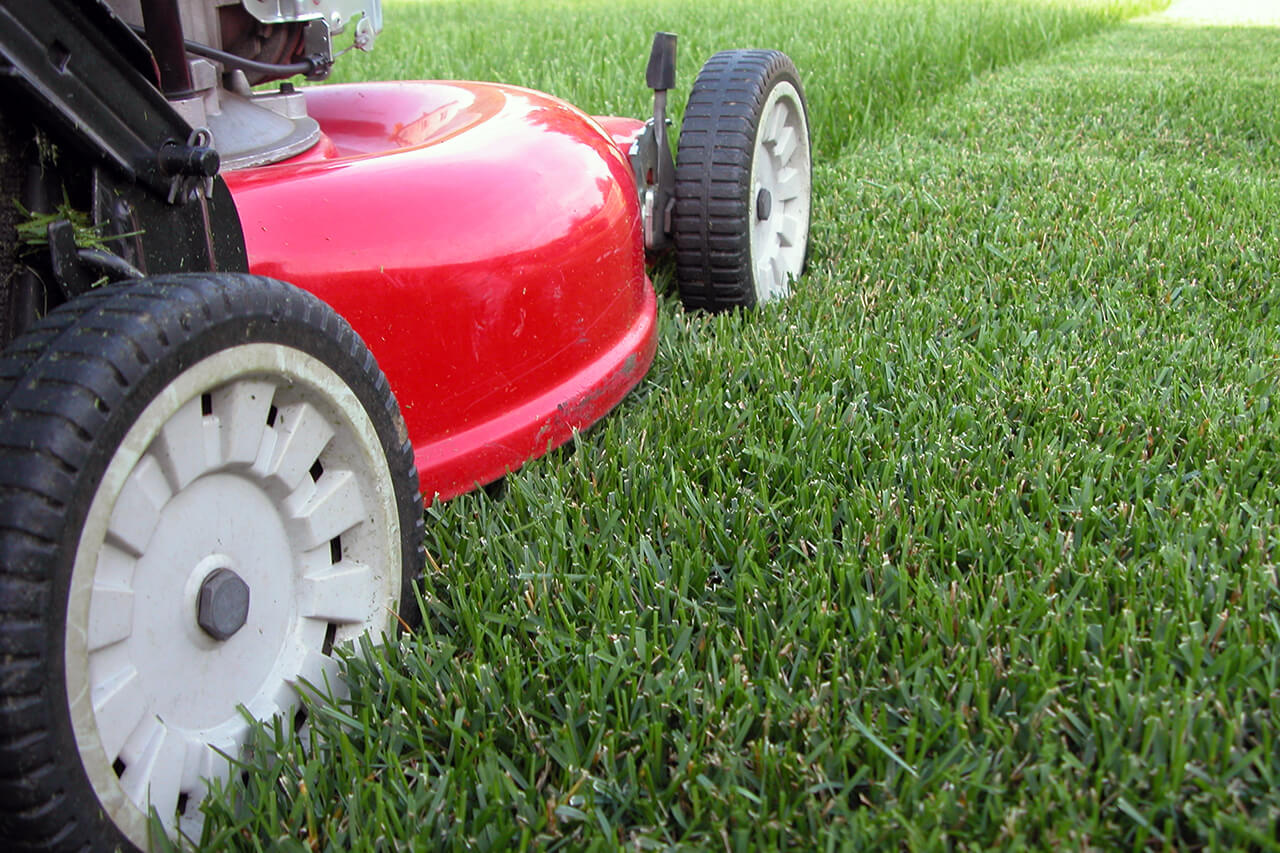
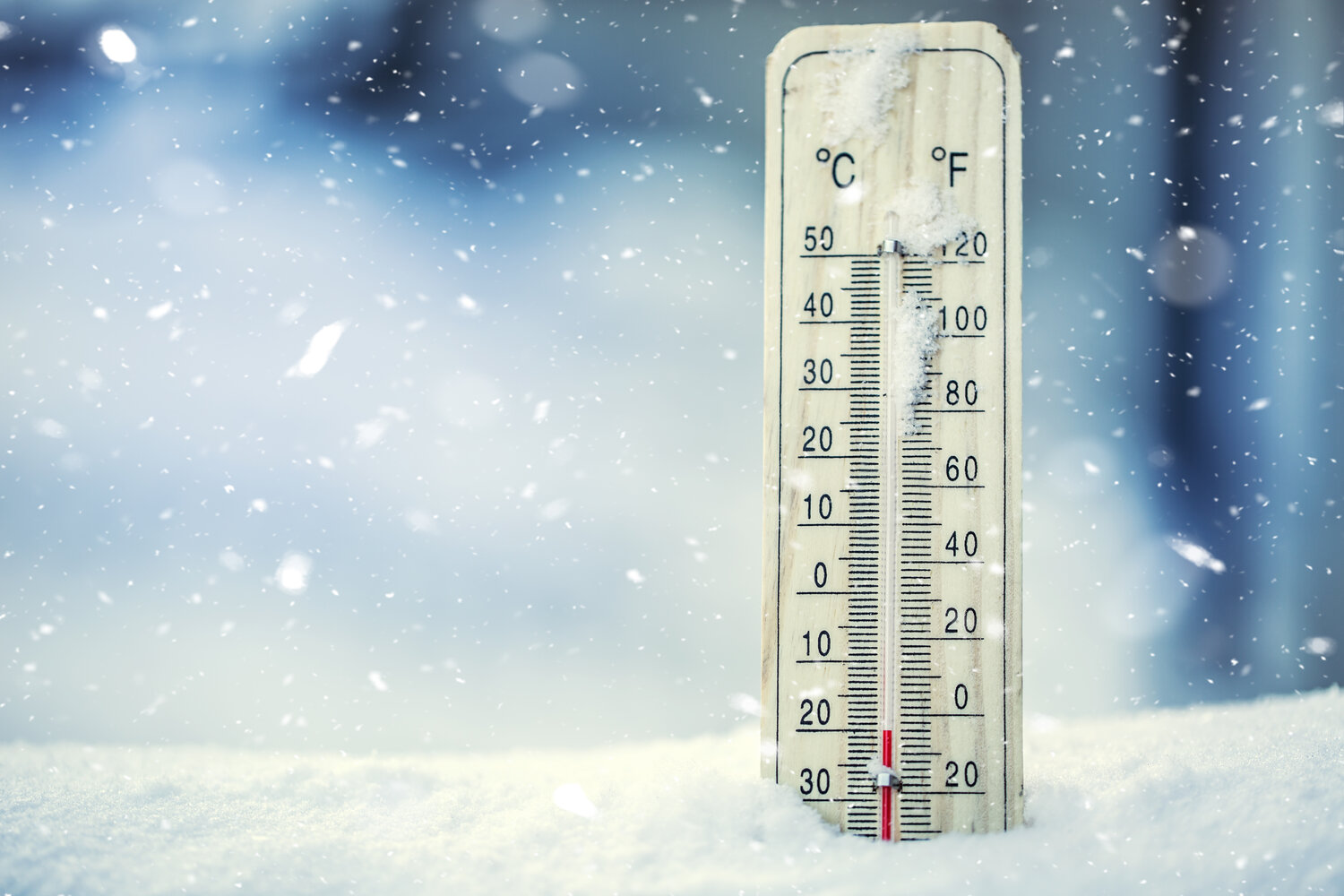
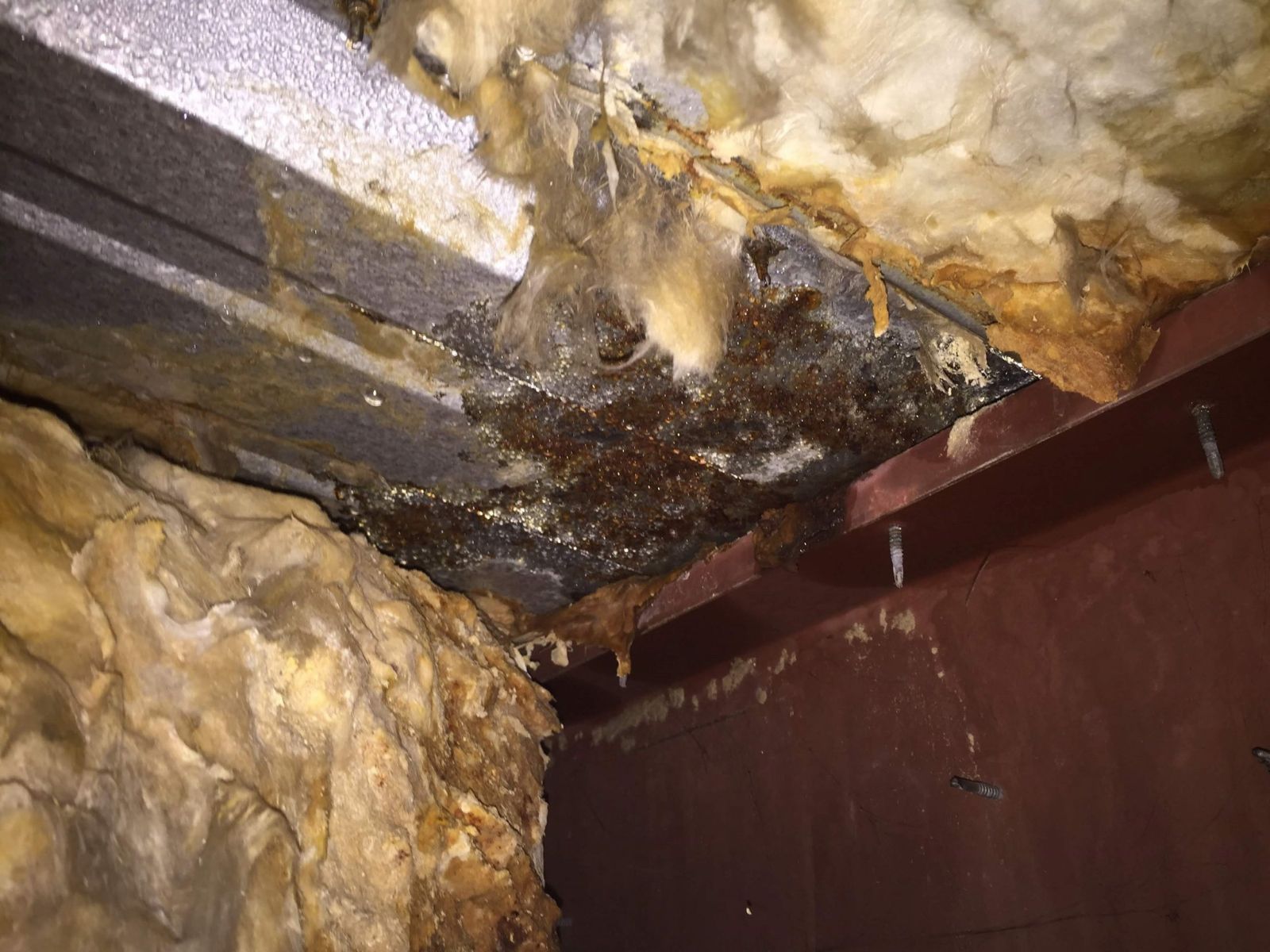
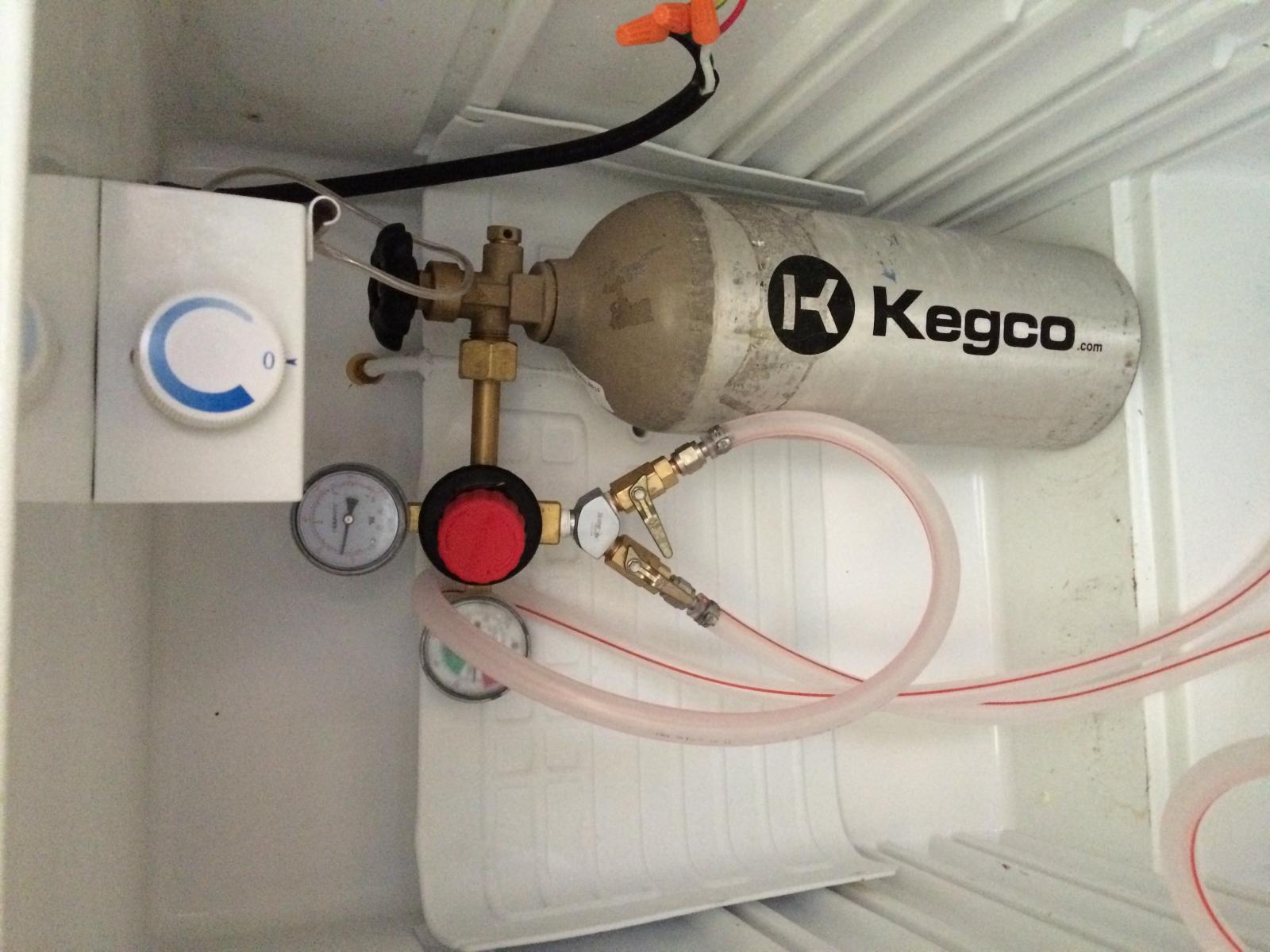


0 thoughts on “What Happens When A Refrigerator Fan Stops Working”